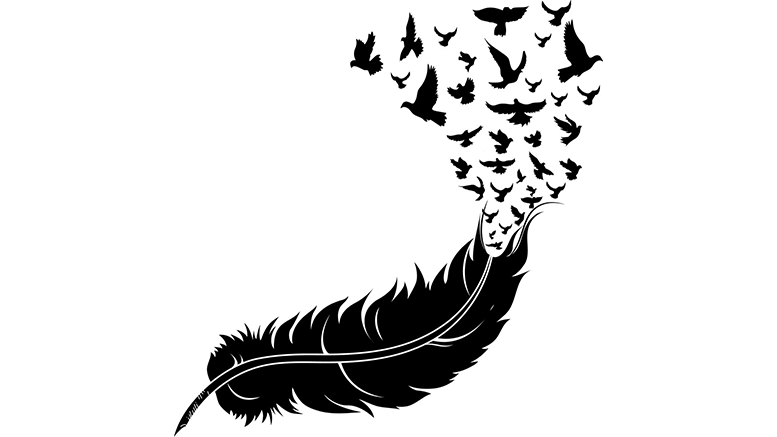New Mass Audubon bird report links climate to species impacts
Climate change could impact many Bay State birds—including familiar species such as the Black-capped Chickadee— over the next 30-50 years, according to Mass Audubon’s State of the Birds: Massachusetts Birds and Our Changing Climate.
The report, released this week, is the third in the respected conservation organization’s State of the Birds series, which monitors the status of birdlife in Massachusetts. But while the earlier documents relied on data collected over past decades to appraise the Commonwealth’s birdlife the time of their publications in 2011 and 2013, the 2017 edition utilizes science-based climate models to project species’ fates in the future.
Massachusetts Birds and Our Changing Climate builds on those previous reports and identifies conservation priorities for more than a hundred species that will be affected by changing patterns of temperature and rainfall, both manifestations of a warming planet.
Findings in the new report warn that more than 40 percent of the species included in the study show “high vulnerability” to climate change.
For instance, birds that rely on coastal habitats facing erosion from storms of greater strength and frequency, such as already-threatened Piping Plovers and Least and Roseate Terns, may well be at greater risk. Indeed the Saltmarsh Sparrow, which can thrive only within a thin tidal range and thus is especially vulnerable to sea level rise, could be extinct by late century.
And in eastern Massachusetts, where the chickadee has long been a dependable visitor at feeders and backyard trees, the state bird of Massachusetts may be more rarely encountered.
“This document presents science-driven predictions, based on sophisticated climate-change models, regarding how we think bird distributions in Massachusetts might change during the next 30 years,” said Jon Atwood, Mass Audubon Director of Bird Conservation and a report author
Joan Walsh, a co-author and Bertrand Chair of Field Ornithology and Natural Science at Mass Audubon, added, “Our wildlife, including our native birds, face a chaotic future. Their projected declines represent the collateral damage that will be caused by the wide-ranging disruptions of the changing climate. This report illustrates a future that is more bleak, a place where we lose some of nature’s gifts. But we can reject that future, if we take a few simple steps to reduce the worst effects of climate change.”
Mass Audubon President Gary Clayton said the 2017 report, in suggesting how climate change may strongly impact the futures of many birds that breed in the Bay State, “represents another example of the conservation organization’s leadership and commitment to species protection and biodiversity.
“But while the document projects some worrisome scenarios for the region’s birdlife, it also serves as a ‘climate call to action,’ not only to conservationists, but to all who love nature in its myriad forms,” Clayton noted.
To learn more, please visit www.massaudubon.org/sotb.







Be the first to comment on "Mass Audubon releases State of the Birds: Climate Change and the Birds of Massachusetts"